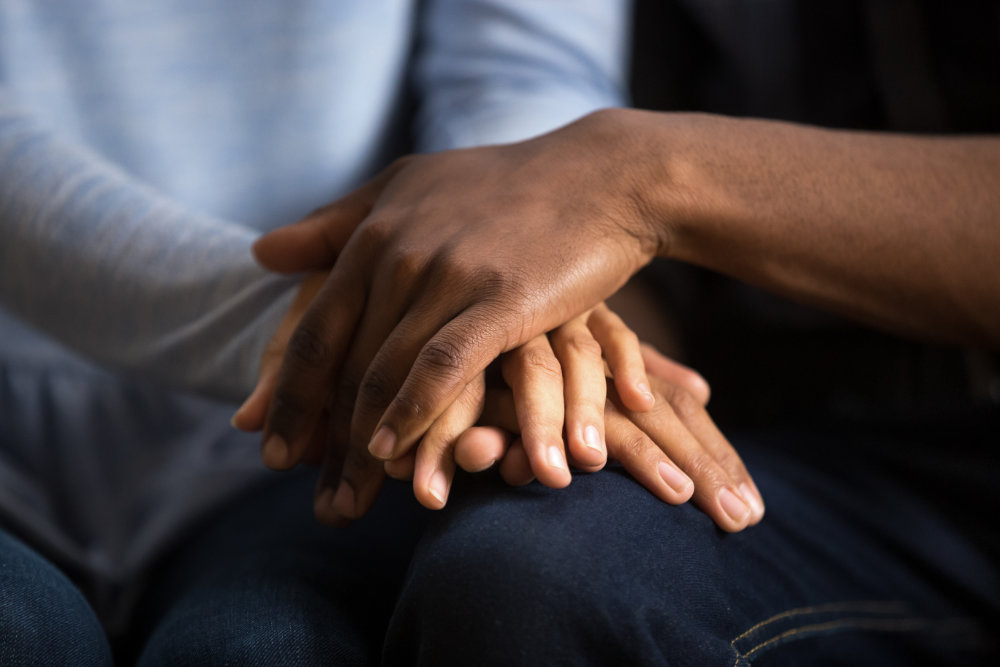The Mission of Therapeutic Hope Counseling,LLC
Therapeutic Hope Counseling, LLC is an Afrocentric, culturally supportive private, therapeutic practice that aims to support community members who have experienced traumatic life disturbances that prevent them from successfully navigating the ebbs and flows of everyday life.
The practice is centered on education, empowerment and support from a holistic model.
About Us
The practice opened its doors in 2019 with the focus to create a safe, supportive, and affirming space where individuals, couples, and families can have an opportunity to heal, grow, and thrive, if they desire it.
While we support various issues such as anxiety, depression, ADHD, bipolar disorder, grief, loss, infidelity, estrangement, however the heart of the practice rests with a deep commitment to teaching all who are curious how the various forms of trauma has shaped lives and continues to live in speech, behaviors, and patterns within in our minds, bodies, and families.





